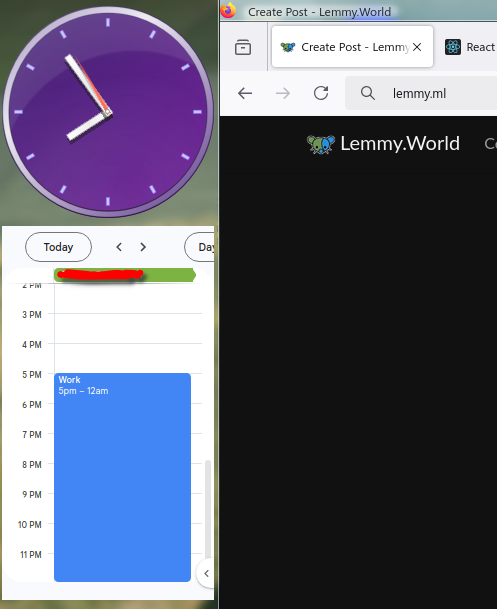 (Meme from 2019)
(Meme from 2019)
subarctictundra
Synthetic biology. This is a hype wave waiting to happen. Can't wait for crops to get enshittified /s Hopefully we move beyond the Sillicon Valley business model by then.
No no, it got banned by the EU around 2000 and was already banned in many states befpre that
Well it can't be sold anymore, but if you have it in your house then it's not illegal in any way
I think there is a growing divide between the most and least intelligent in society, and it has been growing with tech advancement (the gap wouldn't have been that big in the middle ages). If we ever develop superintelligent AI, I can see that becoming an inflection point in this divide because we (Lemmy dwellers) will become as fallible to that AI as the people you mentioned are today in what is still a human-dominated society. Introducing AGI will vastly exasperate the gap between the most and least intelligent and I can't see society surviving that in its current form.
And what is a Fucking Ass?
Hmm, I see. Surely wouldn't that be enough if they proclaimed they would only sign real photographs though?
Perhaps a trusted certificate system (similar to https) might work for proving legitimacy?
It's from all that soy milk
That's a good point - even just making your grant money go further (with partially repayable loans) is very valuable compared to using it all on a one time grant which might fail
Yep. You're essentially looking for someone willing to buy debt with a substantial chance of non-repayment. Perhaps if these business loans were bundled then you would at least be able to predict with some certainty what percentage of the money you were likely to get back.
One source of inspiration that springs to mind are UK Student Loans, where incomplete repayment is expected (repayment is income-contingent and the loan defaults (with no consequences) after a fixed period of time). You'd think it would be hard to sell debt of which a substantial portion wasn't going to get repaid. But in the case of British student loans, pension funds seemed to be interested in buying the debt, I assume because the long term predictabiloty of the repayments made up for the incomplete returns [aren't normal loans predoctable too thouh?]. Anyway I'm getting side-tracked, this might not be all that applicable to startup funding.
Look at all the things that are the result of humans direct action. Now understand how many jobs occurred for the person that finally "did the thing" you're looking at.
Hmm, this is actually a great perspective to look at this from. I'll try this out
The intersectional jobs aee also a great tip. I'll start digging



